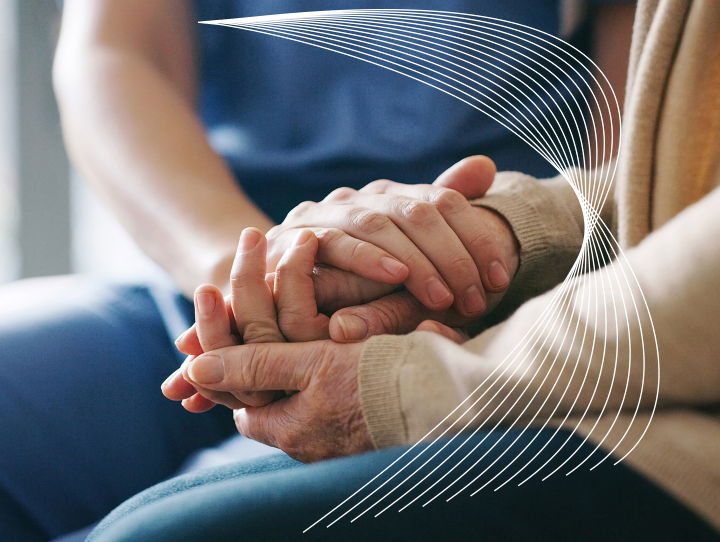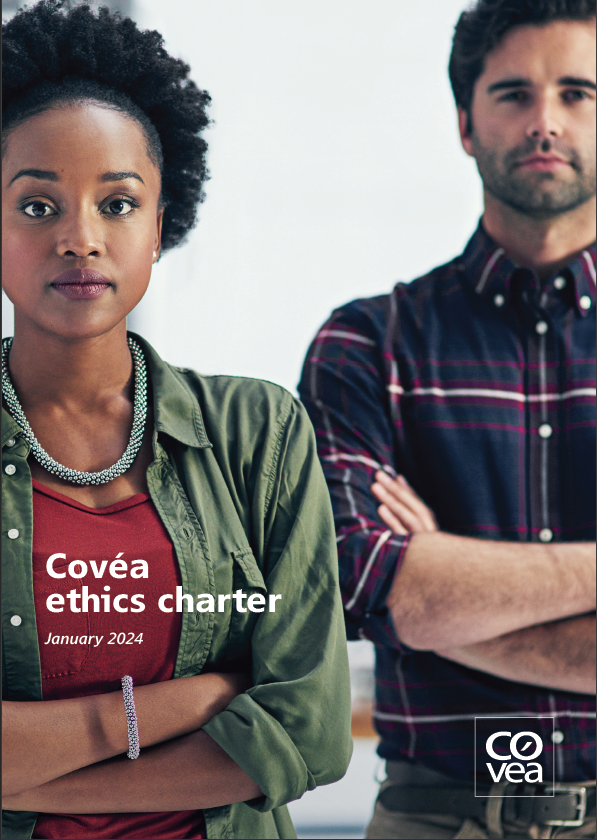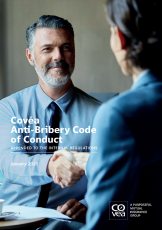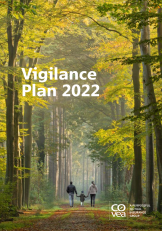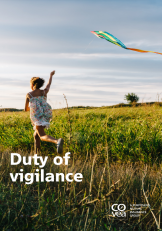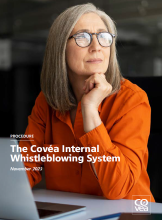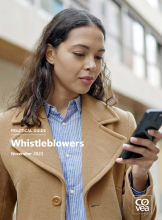Compliance and ethics
The Compliance department is responsible for making sure that our operations comply with applicable laws and regulations, and ensures in particular that we control our compliance risks.
This culture of ethics and compliance contributes to the company’s image. It is an asset that creates value by securing the future of the Group’s operations.
Covéa’s ethics charter
Covéa’s ethics charter lays down the framework and code of conduct shared by all Group employees and our corporate officers (directors and executives).
It also provides a framework for conveying the company’s values by adopting appropriate behaviours.
The charter is based on four main pillars:
1- Social responsibility
- Promoting inclusion and diversity.
- Combating discrimination, harassment and sexist behaviours.
- Ensuring health and safety at work.
- Promoting human rights, ensuring in particular that employees’ privacy is protected.
- Protecting the environment and advocating sustainable procurement.
2- Protecting our customers
- Protecting the interests of our customers by providing tailored advice and regularly launching new products to ensure they meet the needs of the target market.
- Identifying and handling customer complaints in a practical and effective way, and implementing corrective measures in the case of any failings.
- Protecting our customers’ data.
3- Business ethics
- Combating corruption, fraud, money laundering and terrorist financing.
- Apply international sanctions.
- Preventing conflicts of interest.
- Acting in an ethical way with regard to all external stakeholders.
- Respecting rules relating to market abuse.
4- Protecting the Group’s assets
- Ensuring data protection and confidentiality.
- Ensuring the security of our IT systems and hardware.
- Communicating in a responsible way.
Covéa’s anti-corruption policy

The risks of bribery and influence peddling are a major issue for Covéa due to the possible consequences.
In proven cases of bribery or influence peddling, criminal or administrative penalties may be imposed on our operations, in addition to damaging our reputation and a loss of confidence for our stakeholders.
Our anti-corruption code of conduct aims to raise employees’ awareness about the corruption risks inherent to our business.
As an appendix to the rules of procedure, any breach of this code of conduct may result in disciplinary action.
It makes it possible for anyone to identify the main situations of corruption risk, understand the applicable rules and adopt appropriate behaviours.
The code is supplemented by operational guidelines concerning in particular:
- Gifts and invitations.
- Hospitality.
- Conflicts of interest.
The code also informs our various external stakeholders of the Group’s anti-corruption principles and rules.
Duty of vigilance at Covéa
Duty of vigilance aims to make large groups accountable for the risks of serious violations of human rights and fundamental freedoms, as well as risks to people’s health and safety, and environmental protection, as a result of their activities due to their subsidiaries, subcontractors or suppliers.
Covéa has published a vigilance plan that includes:
- Risk mapping to identify, analyse and rank the various risks.
- Regular assessment of the situation of the subsidiaries, subcontractors and suppliers we work with on the basis of our risk mapping.
- Implementation of measures to mitigate risk or prevent serious breaches.
- An internal whistleblowing system to report risks of serious breaches as mentioned above.
- Monitoring of the implementation of measures taken and assessment of their efficacy.
Covéa’s internal whistleblowing system
A culture of integrity is developed by detecting the most serious shortcomings and failings.
Anyone (employee or third party) can use Covéa’s internal whistleblowing system to report:
- A violation (crime or misdemeanour).
- A threat or harm to the general interest.
- A regulatory violation.
- A breach of Covéa’s anti-corruption code of conduct.
- Risks of serious violations of human rights, fundamental freedoms, health and safety or environmental protection.
These violations must be directly connected to the Covéa Group’s activities.
Whistleblowing must be in good faith and allow for the identification of practices in which the Group can improve.
Covéa has a secure platform for collecting and handling reports to ensure that the whistleblower’s identity remains confidential.
Individuals can benefit from the status of whistleblower if they meet the conditions set out by law.
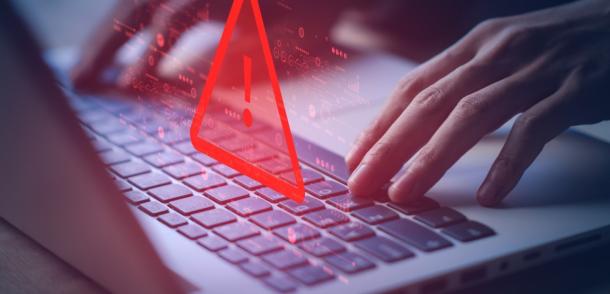
-
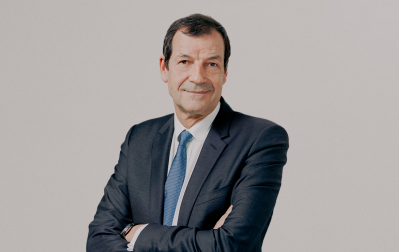
-

-

- Innovation
- Covéa
Covéa joins forces with EDF to offer home renovation and energy efficiency solutions for MAAF, MMA and GMF policyholders
04 March 2024
Our latest publications
View all our publications-
Covéa press release - 2023 annual results - 12 April 2024 .pdf | 273.97 KB
-
Press release - PartnerRe Ltd. Reports Full Year 2023 Results - March 25, 2024 .pdf | 74.57 KB
-
Covéa press release - Maud Petit has been appointed Deputy Managing Director of Covéa group - February 15th 2024 .pdf | 157.41 KB
-
Covéa press release - Appointment - January 9th 2024 .pdf | 174.27 KB
